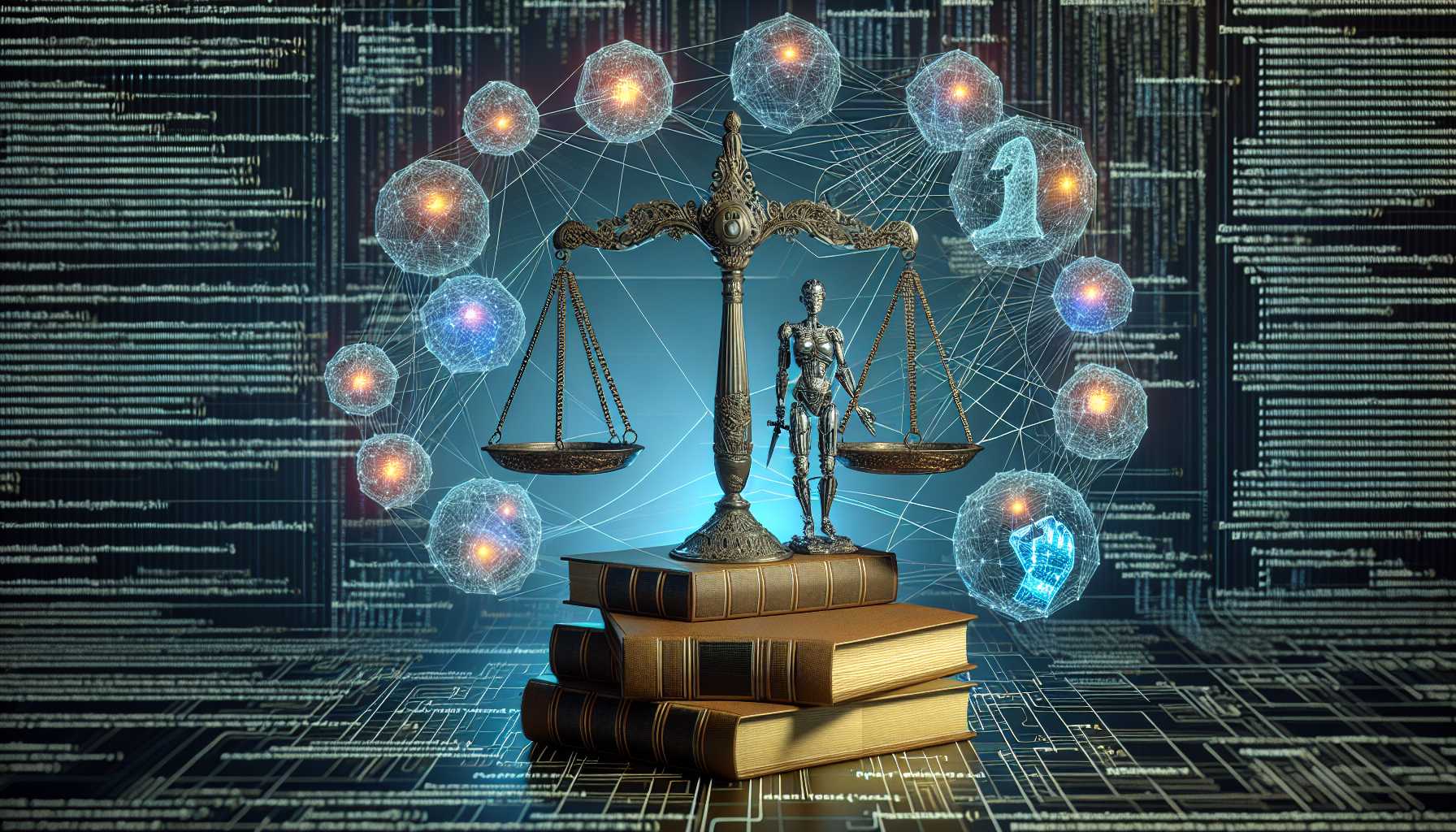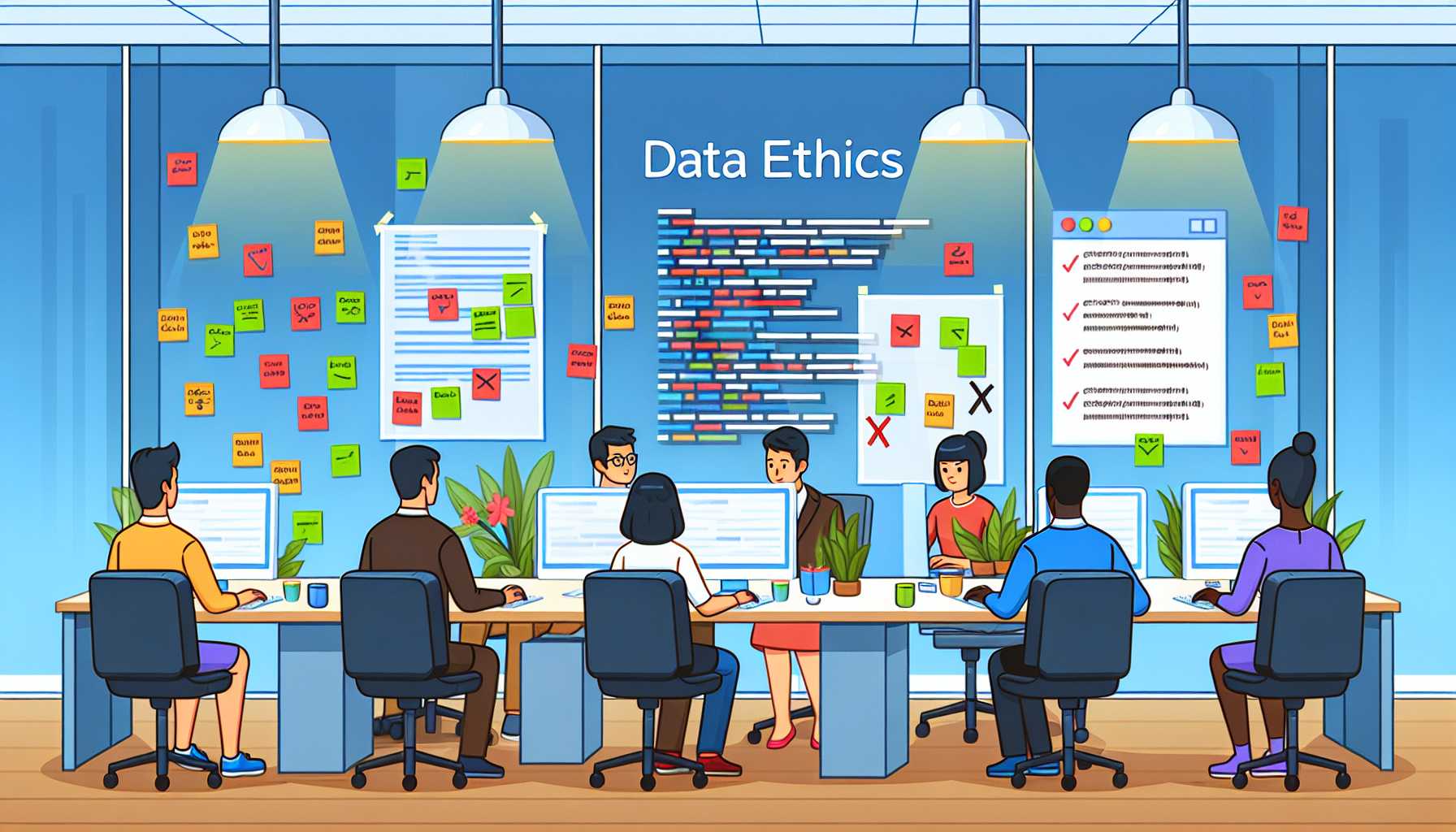Navigating the Future of AI Safety with OpenAI and Anthropic
Government Oversight Initiatives
In a landmark move, OpenAI and Anthropic have agreed to unprecedented levels of government oversight for their forthcoming AI models. As of a recent announcement, these tech giants have signed memorandums of understanding with the U.S. AI Safety Institute to grant access to their AI models both before and after public release. This initiative aims to evaluate and mitigate safety risks associated with AI, marking a pivotal step in maintaining the balance between innovation and safety.
The implications of these agreements are extensive. The increased scrutiny will not only ensure safer AI deployments but will also foster greater public trust in these technologies. One could argue that this partnership is a strategic maneuver by OpenAI and Anthropic to shape AI regulations favorably while simultaneously boosting their reputations as responsible innovators.
The Great AI Content Conundrum: OpenAI’s Legal Landscape
The Scraping Scandal
OpenAI’s journey towards AI supremacy has not been without controversy. The company has allegedly utilized entire archives from major publishers like Axel Springer and Condé Nast without permission to train its GPT models. Despite this, OpenAI has struck deals with these very conglomerates. This paradoxical behavior raises questions: Why would OpenAI pay for content it already has?
The answer lies in the legal ramifications. A prominent example is the lawsuit filed by The New York Times, accusing OpenAI of copyright infringement. If the Times prevails, OpenAI could face statutory damages in billions, not to mention compensatory damages and restitution. These legal entanglements could threaten OpenAI’s future unless it successfully navigates these troubled waters.
LAION’s Re-Release Initiative
LAION, notable for providing data used in training generative AI models like Stable Diffusion, has released the Re-LAION-5B dataset. This move follows an investigative report that found links to illegal child sexual abuse material (CSAM) and other inappropriate content in the original dataset. The new dataset, Re-LAION-5B, comes in two versions: a standard research dataset and a Research-Safe version that omits additional NSFW content. This effort underscores the importance of continually updating and cleansing training data to ensure ethical AI development.
Cybersecurity and AI: The North Korean Hacking Incident
Cryptocurrency and Exploits
In a recent disclosure, Microsoft’s cybersecurity team revealed that a North Korean hacking group known as Citrine Sleet exploited an unknown bug in Chrome-based browsers to steal cryptocurrency. The hack, identified as a zero-day exploit, targeted financial institutions and individuals within the crypto industry. Citrine Sleet used sophisticated social engineering tactics and malware to gain control over victims’ cryptocurrency assets. This incident highlights the urgent need for robust cybersecurity measures, especially as AI continues to advance and intersect with various industries, including finance.
Nvidia: The Undisputed King of AI Hardware
Building and Defending the Moat
Nvidia’s dominance in the AI market is nothing short of remarkable, characterized by their cutting-edge processors that power the burgeoning AI revolution. Their competitive moat—bolstered by proprietary technologies, strategic alliances, and extensive software developer platforms—sets them apart from the competition. Nvidia’s rise has not gone unnoticed by regulators, who are now probing the company over potential antitrust concerns. Despite these challenges, Nvidia’s competitive advantages appear insurmountable in the near term. The company’s ability to consistently innovate and lead in AI hardware and software integration remains its strongest asset.
Looking Ahead
While the landscape of artificial intelligence is fraught with challenges—legal, ethical, and competitive—the progress being made is undeniably exhilarating. As governments, tech companies, and research organizations grapple with these multifaceted issues, the future of AI promises to be both transformative and tightly regulated.
Summary
In summary, the cooperative ventures between AI leaders like OpenAI and Anthropic with government bodies, the ethical improvements to datasets by organizations like LAION, and the steadfast leadership of companies like Nvidia underscore the depth and complexity of AI’s future. These efforts collectively ensure that as technology progresses, it does so responsibly and securely.





